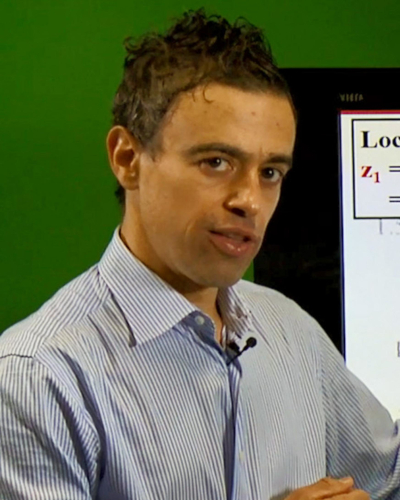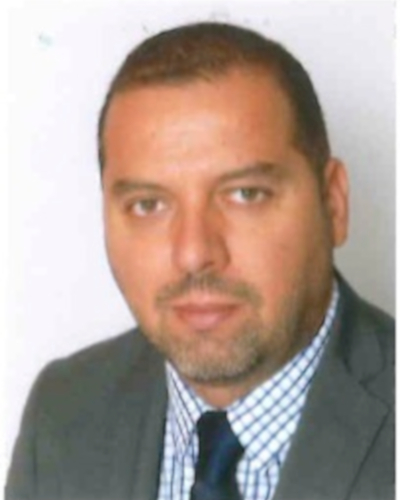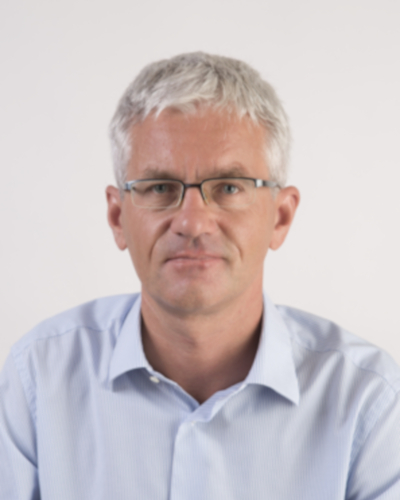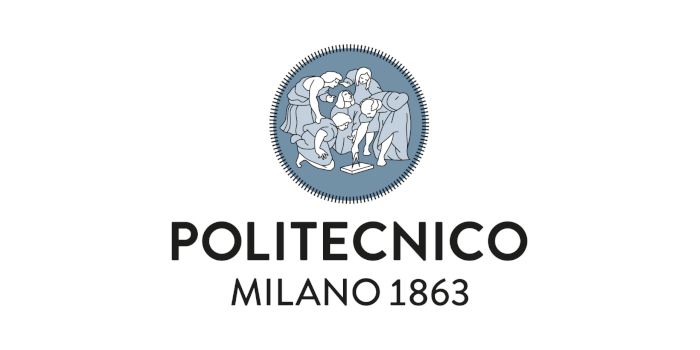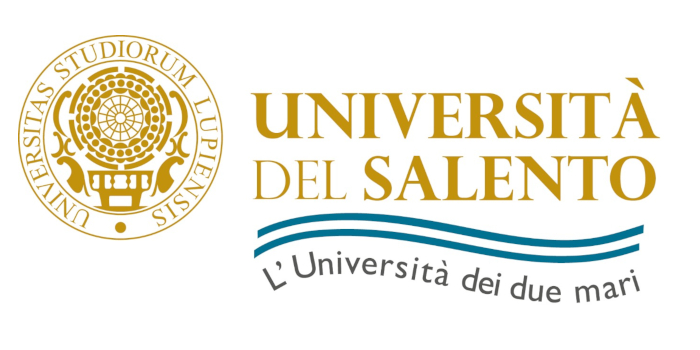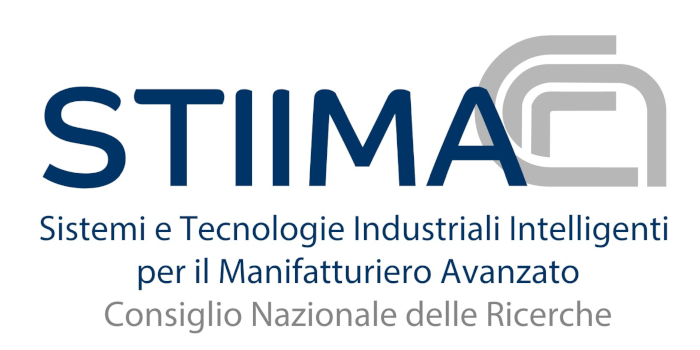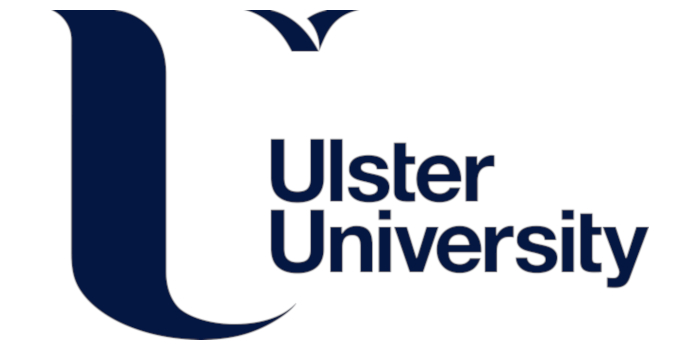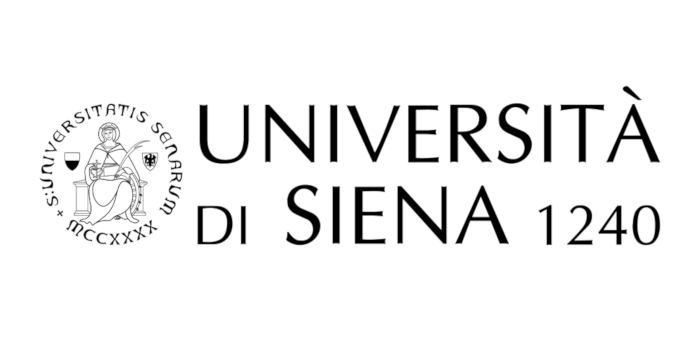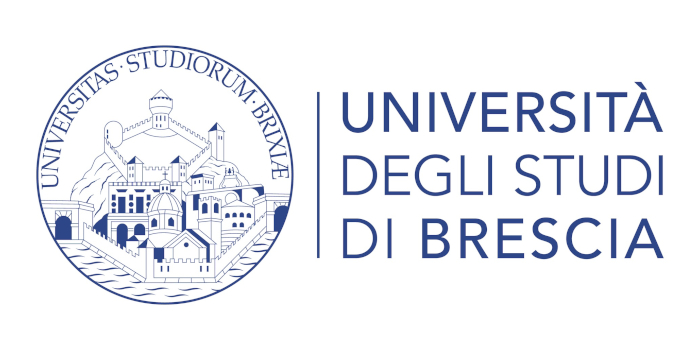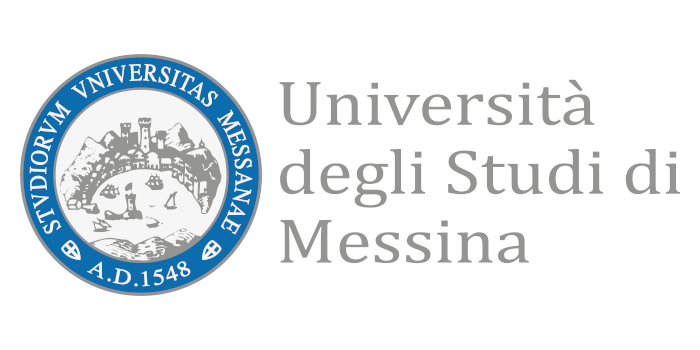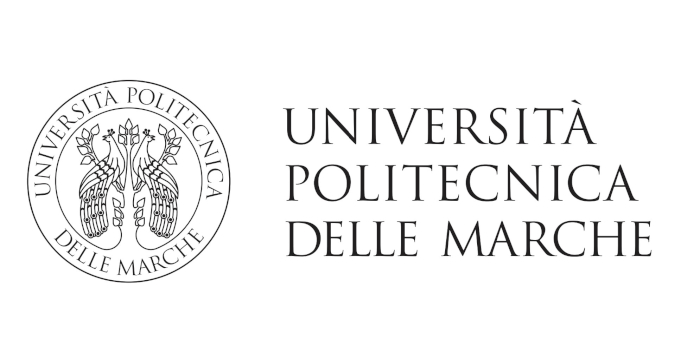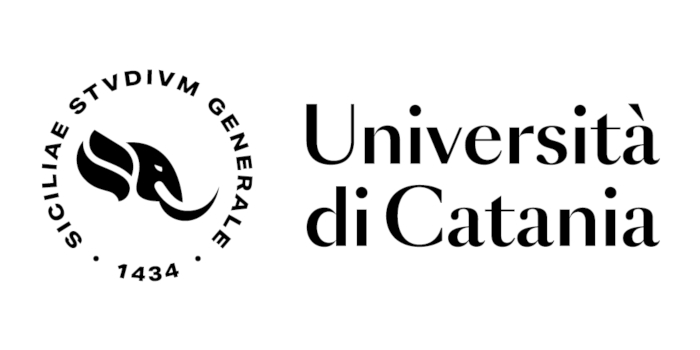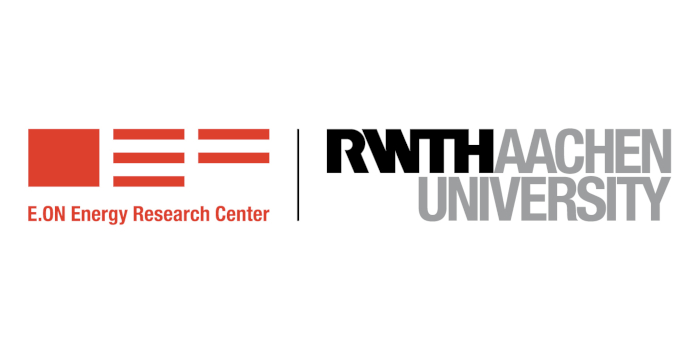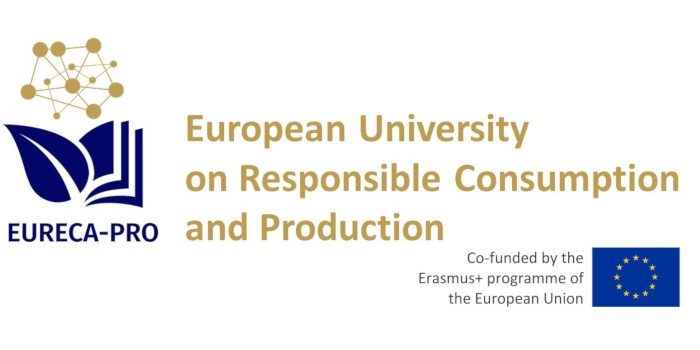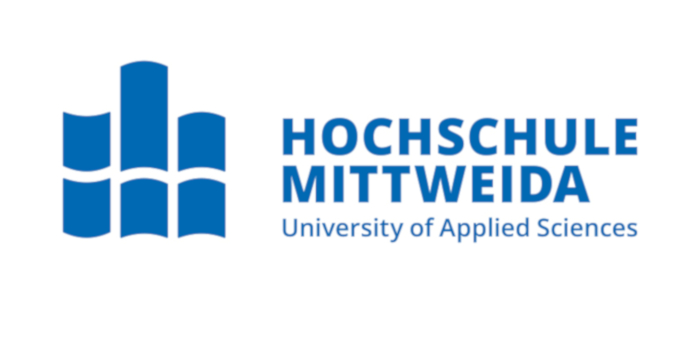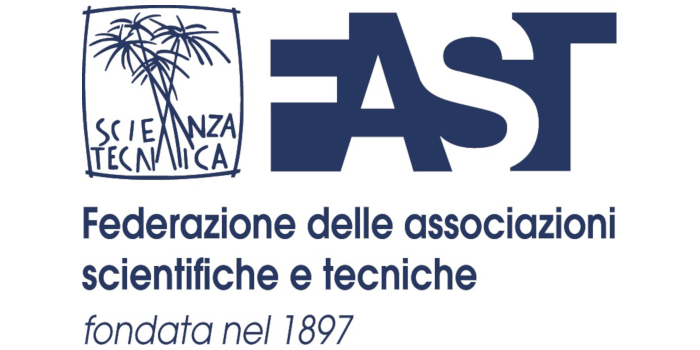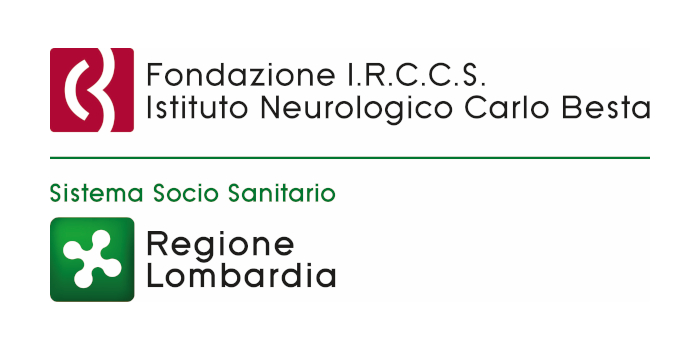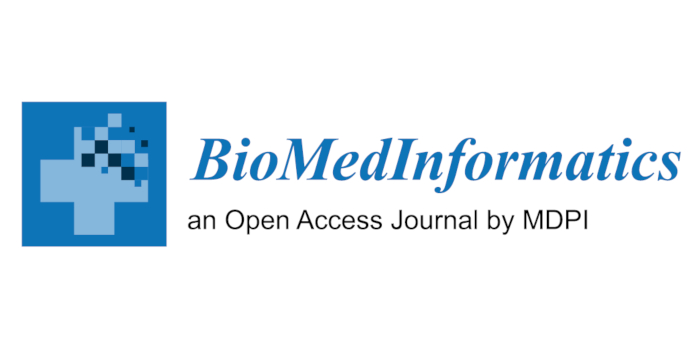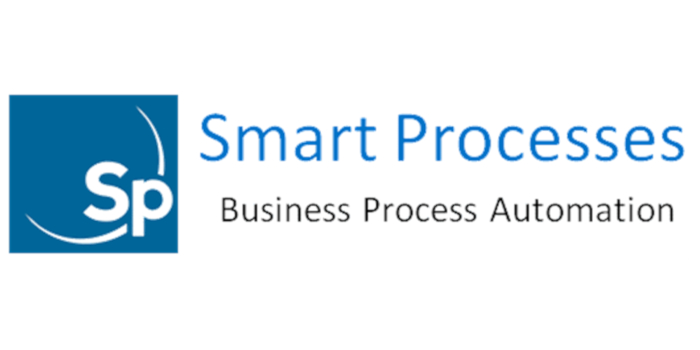SPECIAL SESSION #16
Memristor Models, Devices, Circuits and Systems for Artificial Intelligence Applications
ORGANIZED BY
Alon Ascoli
Technische Universität Dresden, Germany
Ronald Tetzlaff
Technische Universität Dresden, Germany
Fernando Corinto
Politecnico di Torino, Italy
Daniele Ielmini
Politecnico di Milano, Italy
ABSTRACT
With CMOS scaling approaching atomic boundaries, the race is open for the identification of novel device concepts, which shall enable integrated circuit (IC) performance growth through the provision of extra functionalities in a smarter and more efficient computational framework. With their exceptional mem-computing functionalities and peculiar biomimetic properties, memristors hold the key to foster progress in IC design beyond the Moore era, enabling the development of electronic systems, serving artificial intelligence (AI) applications more efficiently than traditional technical products, as well as the conception of neuromorphic hardware, mimicking biological neural networks with a higher degree of accuracy than conventional purely-CMOS architectures. This special session represents a follow-up of a scientific forum on ultra-low-power data sensing and processing based on AI technologies, which took place during the first edition of IEEE MetroXRAINE, in Rome, last October. The main objective of the proposed special session is to bring together scientists with strong technical expertise in different yet complementary areas of this multi-disciplinary field of research, in order to enable knowledge sharing and promote future cooperation for the advancement of memristor science. It will also provide the IEEE MetroXRAINE participants, particularly, early-career scientists, with the opportunity to learn about the latest developments, open questions, and future directions in this exciting field of research.
MAIN TOPICS
Topics, discussed over the course of the proposed special session, include
- Material science
- Device fabrication and characterization
- Physics-based non-volatile and volatile memory cell modelling
- Numerical simulation framework development
- Circuit- and system-theoretic concepts for robust bio-inspired hardware analysis and design
- Computer architecture
- Neuromorphic engineering
- Biological system modelling.
ABOUT THE ORGANIZERS
Alon Ascoli (Senior Member, IEEE) received the Ph.D. degree in Electronic Engineering from University College Dublin, Dublin, Ireland in 2006, and Master’s Degree in Electronic Engineering from Universita’ degli Studi Roma Tre, Rome, Italy, in 2001 (grade: 110/110 cum laude). Since 2012, he is affiliated with the Chair of Fundamentals of Electrical Engineering in the Faculty of Electrical and Computer Engineering of TU Dresden, Dresden, Germany, where he holds a life-long position as Wissenschaftlicher Mitarbeiter since 2018. He develops circuit- and system-theoretic methods to model and analyse novel device concepts toward the design of bio-inspired and bio-mimetic cellular dynamic networks. In April 2017, he was conferred the Habilitation title as Associate Professor in Electrical Circuit Theory from the Italian Ministry of Education. He received the Habilitation title as Full Professor in Nonlinear Circuit Theory from TU Dresden in February 2022. He served as President of the IEEE CASS CNNAC TC from May 2009 to May 2021. He acts as President of the IEEE CASS CNN-MAC TC since May 2021. He was honored with Best Paper Awards from IJCTA in 2007, and MOCAST in 2020 and in 2022.
Ronald Tetzlaff (Senior Member, IEEE) is the Head of the Chair of Fundamentals of Electrical Engineering, TU Dresden, Dresden, Germany. He is also the Chief Officer for Technology Transfer and Internationalization at Technische Universität Dresden since August 2020. His scientific interests include problems in the theory of signals and systems, medical signal processing, stochastic processes, system modelling, system identification, machine learning, mem-elements, memristive systems, Volterra systems, physical fluctuation phenomena, and cellular nonlinear networks. From 1999 to 2003, he was an Associate Editor for the IEEE TCAS-I. He was a Distinguished Lecturer for the IEEE CASS from 2001 to 2002. From 2005 to 2007, he was the Chair of the IEEE CNNAC TC. He is in the Editorial Board of the IJCTA since 2007. He is also in the Editorial Board of the IEEE TCAS-II since 2016. He was an Associate Editor for the AEÜ-International Journal of Electronics and Communications from 2008 to 2016. He serves as a reviewer for the European Commission. He is a member of the Informationstechnische Gesellschaft (ITG), the German Society of Electrical Engineers, and the German URSI Committee.
Fernando Corinto received the Masters' Degree in Electronic Engineering and the Ph.D. degree in Electronics and Communications Engineering from the Politecnico di Torino, in 2001 and 2005 respectively. He also received the European Doctorate from the Politecnico di Torino, in 2005. Prof. Corinto was awarded a Marie Curie Fellowship in 2004. He is currently Professor of Electrical Engineering with the Department of Electronics and Telecommunications, Politecnico di Torino. His research activities are mainly on nonlinear dynamical circuits and systems, complex/neural networks and memristor nanotechnology for optimization problems. Prof. Corinto is co-author of 4 books, 10 book chapters and more than 170 international journal and conference papers. Since 2010, he is Senior Member of the IEEE. He is also Member of the IEEE CAS Technical Committees on “Cellular Nanoscale Networks and Array Computing” and “Nonlinear Circuits and Systems”. Prof. Corinto served as Vice-Chair of the IEEE North Italy CAS Chapter. Prof. Corinto has been Associated Editor of the IEEE Trans. on Circuits and Systems - I for 2014-2015. He is also in the Editorial Board and Review Editor of the International Journal of Circuit Theory and Applications since January 2015. Prof. Corinto has been the Vice Chair of the COST Action “Memristors - Devices, Models, Circuits, Systems and Applications (MemoCiS)”. Prof. Corinto has been DRESDEN Senior Fellows at the Technische Universität Dresden in 2013 and 2017. Prof. Corinto is also August-Wilhelm Scheer visiting professor at Technische Universität München and member of the Institute for Advanced Study -Technische Universität München.
Daniele Ielmini is a Full Professor at the Dipartimento di Elettronica, Informazione e Bioingegneria, Politecnico di Milano, Italy. He received the Laurea (cum laude) and Ph.D. from Politecnico di Milano in 1995 e 2000, respectively. He held visiting positions at Intel Corporation (2006), Stanford University (2006) and the University of Illinois at Urbana-Champaign (2010). His research interests include non-volatile memories, such as phase change memory (PCM), resistive switching memory (RRAM), and spin-transfer torque magnetic memory (STT-MRAM), and novel in- memory computing circuits. In 2016, he coedited the book ‘Resistive switching – from fundamental redox-processes to device applications’ for Wiley-VCH. He authored/coauthored 15 book chapters, more than 400 papers published in international journals and presented at international conferences, and 8 patents. He is Associate Editor of IEEE Trans. Nanotechnology and Semiconductor Science and Technology. He received the Intel Outstanding Researcher Award in 2013, the ERC Consolidator Grant in 2014, the IEEE-EDS Paul Rappaport Award in 2015 and the ERC Advanced Grant in 2021. He is a Fellow of the IEEE.


